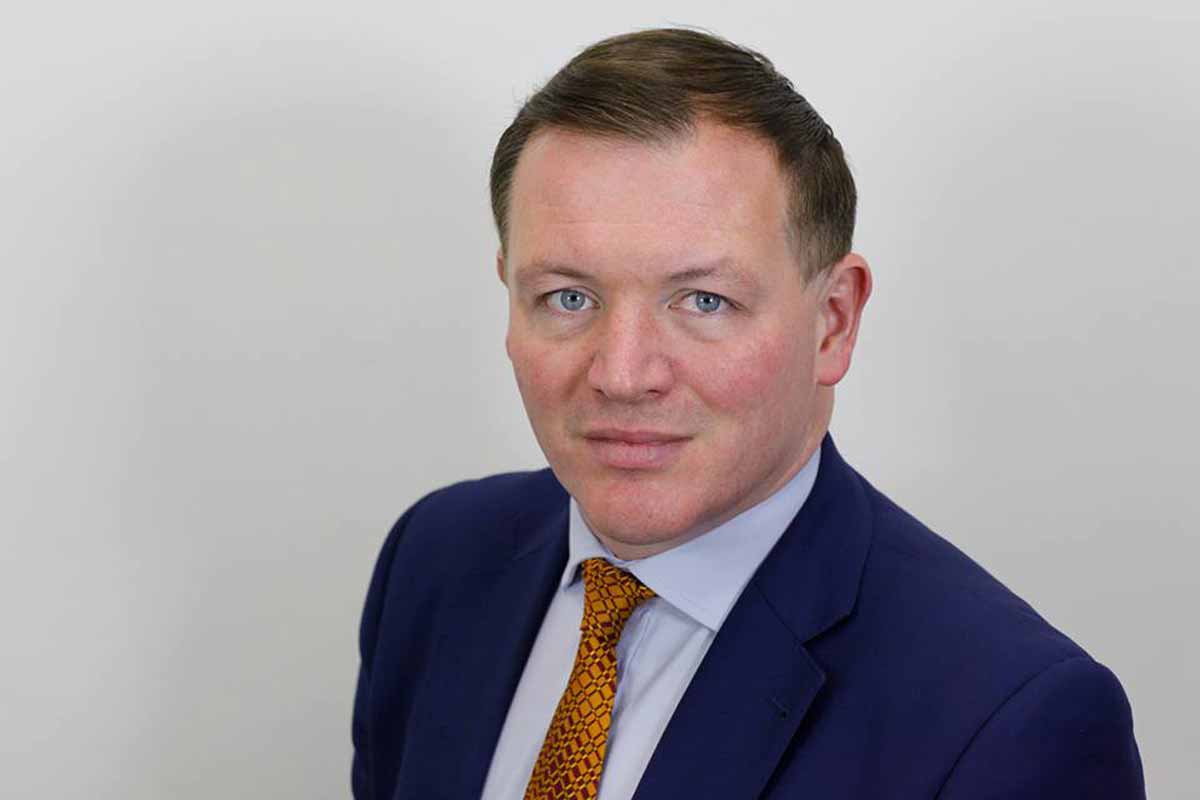Constituency matters… a weekly column by the Member of Parliament for Folkestone and Hythe, Damian Collins 20 October 2021.
Last Friday, like so many other people, I was stunned to hear the news of the murder of my parliamentary colleague David Amess.
On Monday this week I attended the memorial service for members of the House of Commons and House of Lords at St Margaret’s church in Westminster, to mark David’s great contribution to public life. The service was also attended by my predecessor Michael Howard, who was first elected to parliament in 1983, the same year as David Amess.
David Amess was a hardworking Member of Parliament and good-humoured colleague whom it was a pleasure to know. He had friends across the House of Commons, regardless of political affiliation, and he will be greatly missed by members of parliament and everyone else who works in the Palace of Westminster.
Face to face surgery meetings
His murder has shocked us all and has struck a terrible blow for his family.
It was also an attack on our very system of democracy, striking down an MP as he worked with the people in his constituency, seeking to help them and represent their concerns.
I have taken advice from Kent police about the security precautions that are made around my surgeries and I am content that we are following the latest guidance. It is my intention to carry on with face to face surgery meetings for constituents who would like them, and with other public engagements.
Abuse and death threats
The murder of David Amess has once again highlighted the abuse and death threats that many members of parliament receive on a regular basis. However, MPs are not the only targets of hate speech.
Joint Select Committee – Online Safety Bill
For the last few weeks I have been chairing the Joint Select Committee on the government’s draft Online Safety Bill and we have heard evidence from victims of abuse, and those who campaign for new laws to make the internet a safer space. We have heard consistent complaints that racist, homophobic and misogynistic speech on social media is normalising that language and encouraging others to behave in a similar way.
If we allow social media platforms to give licence to this vile speech by not removing it, then we are making it more likely that people’s real world behaviours will be influenced by what they see online.
Social media regulator
I have long campaigned for the creation of a regulator with powers to set standards for the removal of harmful content on social media. Time and again we have seen that the big social media companies have failed to act effectively to remove illegal content and other forms of hate speech and extremism.
The Online Safety Bill is proposing to create such a system where companies would have massive fines of up to 10% of their global revenues for failing to comply with the code. The Bill will also create responsibilities for social media companies not to promote harmful content through their recommendation tools. These are important and overdue reforms.
The Joint Committee which I Chair will produce a report to the government in December making recommendations for the final version of the Bill, which will be introduced to parliament in the new year.
